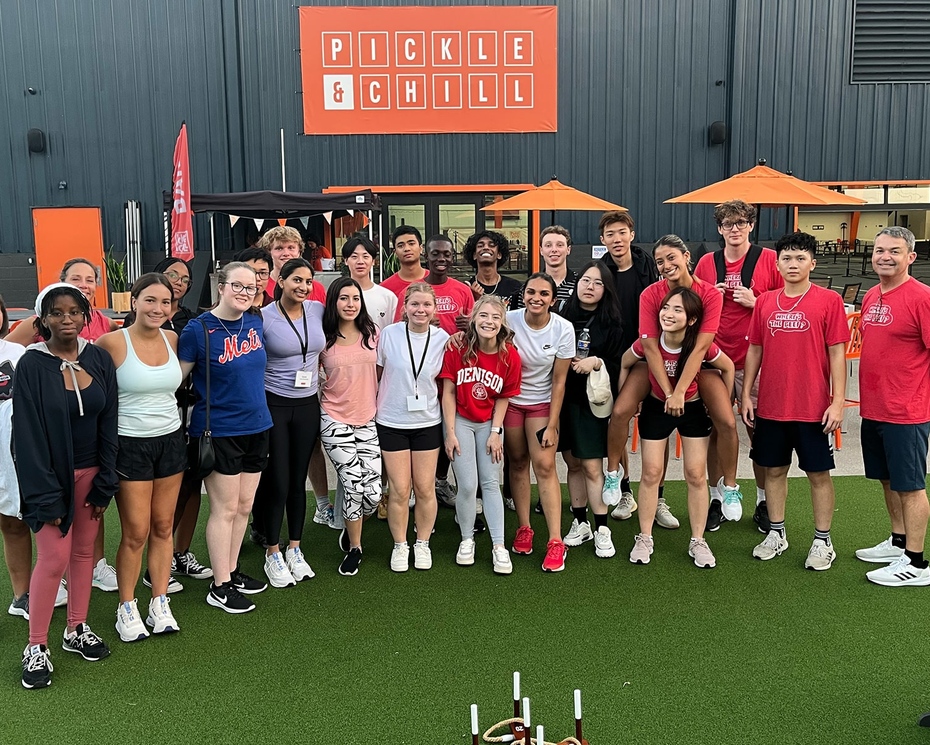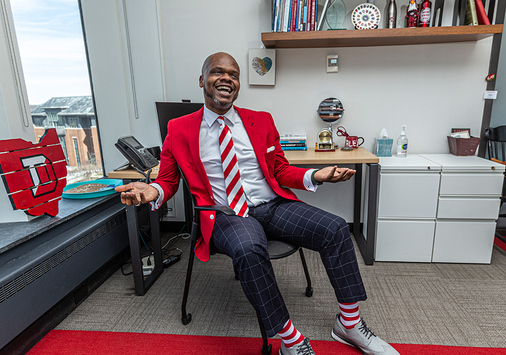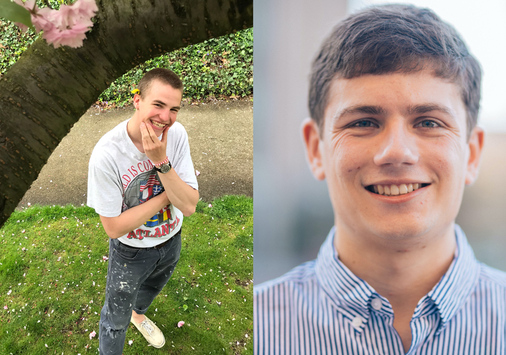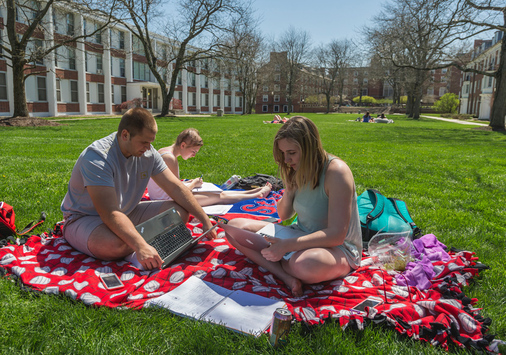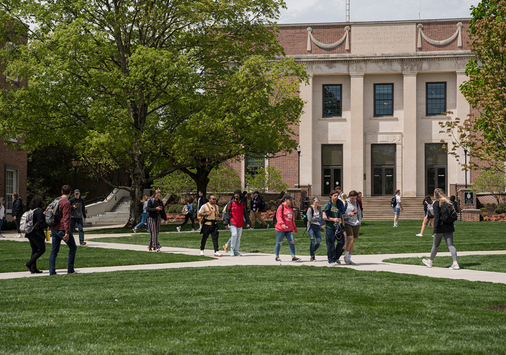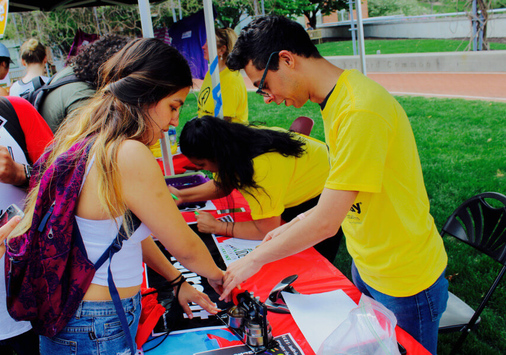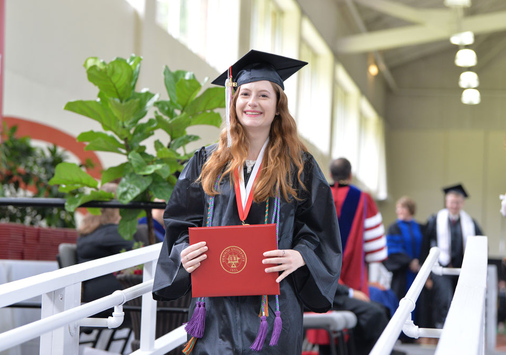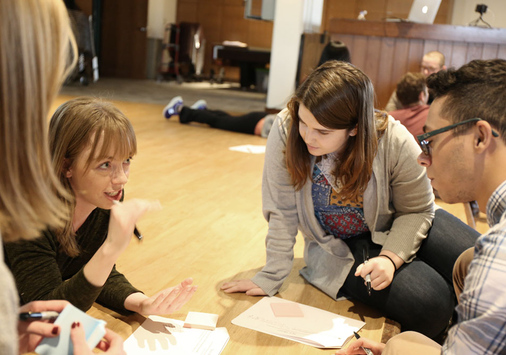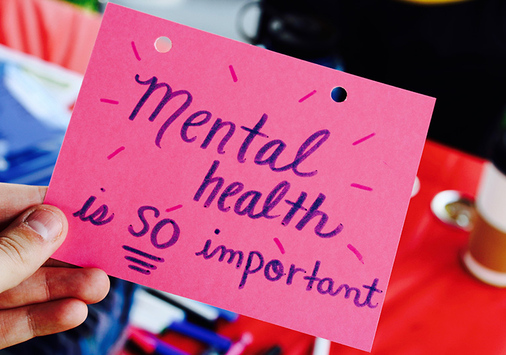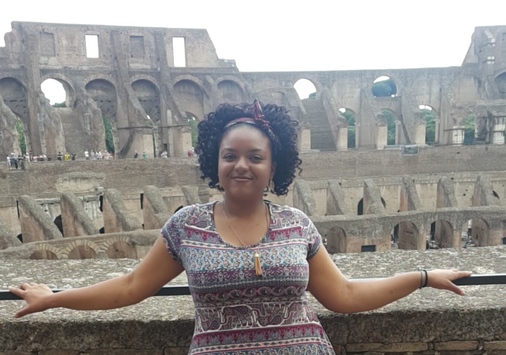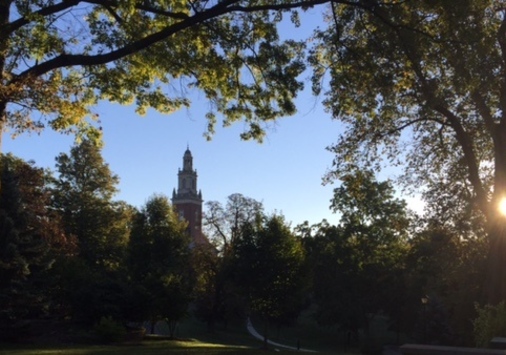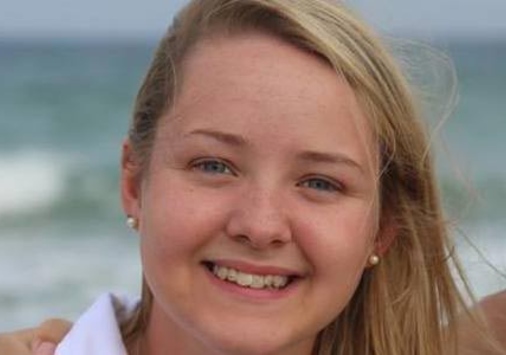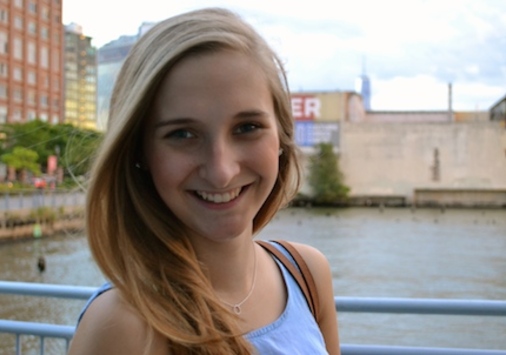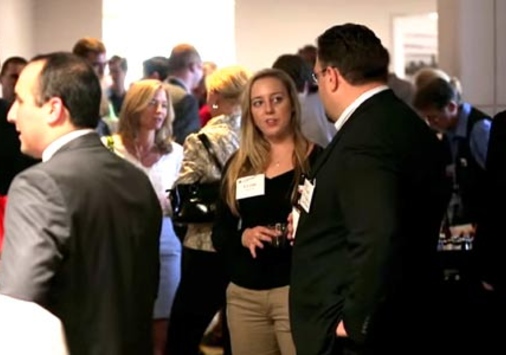Dear Denisonians,
This fall, evidence of structural stress prompted us to put a hold on registration of large parties in campus apartments while we looked into building safety. Structural engineers confirm that the Sunset and Brownstone apartment buildings are safe for occupancy, but also that these residential buildings cannot withstand the impact of social events that far exceed design and structural capacities.
We are grateful to hosts who have committed to keeping their party guest counts down while we’ve worked on this. We’re appreciative that everyone has taken this seriously, and that student leaders have truly led in this moment.
As we move forward, we hope to work alongside students to create solutions to the challenges we face as a result of these circumstances. Student opinion on matters related to social life on campus are wide-ranging. We are committed to bringing students together to imagine and co-create new approaches to social spaces and the policies that will govern them.
As we have talked with a lot of students over the last two weeks, it’s been clear that many students see this as a chance to be part of designing the next era of Denison social life, and we hope that this is both true and exciting.
The message that follows is detailed. Here are the key points covered:
- Smaller gatherings can continue to happen in the Sunnies. These are capped at 30-33 people (at any one time), which is the number specified by our engineers and architects, with one party per floor. Parties of more than 33 people must take place in larger spaces.
- We will revise our party registration and party host policies in ways that make it easier for students to host larger parties in larger spaces. We hope that students will lead in developing these with each other and with Student Development. We believe that, doing this together, we can develop policies that are not merely workable, but that improve on what we’ve had in the past.
- We are designing and will soon begin building new social spaces: new apartments for seniors that will include both large inside and outside gathering spaces and, through the housing master plan, re-designed social and community spaces in buildings and quads. Students are playing critical roles in shaping what social spaces will look like for the future.
- In the meantime, we will add several new social spaces starting with a heated tent and the development of Chamberlin’s lower level.
- In the first week of November, we will hold a series of design sessions to bring students together to resolve important questions related to parties and registration. (Please sign up before midnight on Tuesday night, 10/30.)
- Current policies and systems of registration will remain in place as we work as a community to co-design change.
We are entering a period of experimentation that will likely last the rest of this year. That said, we hope to have new registration policies and approaches for large social spaces ready to pilot by Thanksgiving Break, so that we can use the remainder of this academic year to test, refine and adjust with student input.
Background
There is no question that a lot of fun has been had in the apartments over the years. That degree of fun has taken a physical toll on the buildings that is no longer sustainable. Quite aside from this, however, we have also heard these sentiments from students:
Hosts have complained about their apartments being trashed by party-goers who forget that the apartments are also the hosts’ homes. Hosts bear the financial cost of the damages inflicted on their spaces by their guests.
The current party scene is experienced by many as undermining a sense of community as well as personal safety. Students have complained about how hot, crowded, and out-of-control Sunnies parties can sometimes feel.
We have a wide range of students on campus who desire greater variety in social life. Both the spaces on campus and the ways they are used should enable students to host a wide array of social events. Many students—whether they love or hate Sunnies parties—express readiness to explore new ways of socializing at Denison.
We tried to make some changes a few years ago that have not worked effectively. Five years ago, in response to some of the same concerns we hear today, we tried to create appealing spaces for large parties. We opened more spaces for large events, permitted kegs in these spaces, and covered the cost of Peer Safety Monitors to help hosts manage the larger numbers of party-goers. We subsequently refinished Shep Lounge and expanded Lamson Lodge for parties.
While the social spaces are used for student parties—77 last year, for example—this is a relatively small percentage of the total; most nights, the spaces sit unused. This has been true for a variety of reasons, most having to do with perceptions of how rules and laws are enforced by university staff and the Peer Safety Monitors in these spaces.
It’s for this reason that we say: We need students to help shape this process and get the solutions right. We are writing to ask for your help in finding the approaches that will support the use of these spaces for large events. Changes in spaces and systems
Current party registration requirements have not worked for many hosts of large parties in the social spaces. Without the Sunnies as a space for larger parties, competition for other venues will grow. So, we have to increase the number of spaces and we need to re-work the policies.
Regarding spaces: We are adding new, large social spaces to supplement those currently available:
- There is widespread agreement among students that outdoor gatherings are some of the best. This week, we have installed a heavy-duty tent on the parking lot below the Brownstones and Sunnies. This will have heating, lighting and nearby restrooms so outdoor gatherings in the vicinity of the Sunnies can continue in cool weather. This is a temporary fix, but one that allows us to imagine and experiment.
- We will add outdoor heaters at Beaver Beach for registered events there in fall and spring.
- We will finish the bottom level of Chamberlin as a social space specifically intended for alcohol-free events and have it open in Spring Semester.
- These spaces will supplement Lamson Lodge, Sunset Lodge, Good Lounge, the Nest, Shephardson Lounge, and Knobel Hall.
Regarding policy: In simplest terms, we need systems that work for students who host and attend parties. We also need to ensure access to spaces and opportunities across the range of social experiences students enjoy. Finally, we need to observe student expectations for maintaining safe environments. Student leaders have been clear on these points.
A plan for moving forward
For new approaches to work, they must be widely endorsed by students rather than created by the administration alone. Below are questions that have been raised by students in early meetings. These are questions on which student input is especially vital and are the first ones we’ll work on:
- What are the pros and cons of having Peer Safety Monitors at registered events? What are the goals PSMs achieve? How might we meet those goals in other ways?
- How many people should there be in the official host group for events registered in the social spaces?
- What nights should be “registrable”? Should available nights differ between spaces in residential buildings (eg, Sunset Lodge, Good Lounge) and spaces that are not (eg, Lamson Lodge, the Nest)?
- Does our approach to the use of kegs in social spaces work? How does it relate to other forms of alcohol packaging (cans, bottles)?
- How will reservations of social spaces be managed (lead time, competition for spaces, etc.)?
- How might we design these social spaces to meet the needs of students?
Students must lead the generation of solutions on these questions, in ways that enable all perspectives to be heard. Student opinion on these matters is not uniform, so we need many voices. We believe that workable solutions will emerge from within and across the student body.
On November 4, 5 and 6, the Red Frame Lab will host a series of design sessions to bring students together to grapple with these questions. Decisions will be made on the basis of ideas produced during these meetings. We encourage all interested members of the student body to join these conversations by signing up before midnight on Tuesday night, Oct. 30.
In the meantime, current policies on registration remain in place for apartments and suites. We will continue using a guest limit of 30-33 students at any given time per space with one party per floor. Events for more than 33 people must be registered for larger spaces. We hope to have new registration policies and approaches for large social spaces ready to pilot by Thanksgiving Break. We can then use the remainder of this year to test, refine and adjust our policies and practices with student input.
Change creates uncertainty but it is also full of positive possibility. We again thank student hosts for working to maintain safe environments as we have moved through these issues. We hope all students will consider participating in the upcoming conversations. It is a chance to help shape social life in ways that work for students. We’re grateful, in advance, for your good thinking.
Erik Farley, Dean of Student Leadership and Community Engagement
Steve Gauger, Director of Risk Management and Environmental Health & Safety
Laurel Kennedy, Vice President for Student Development
